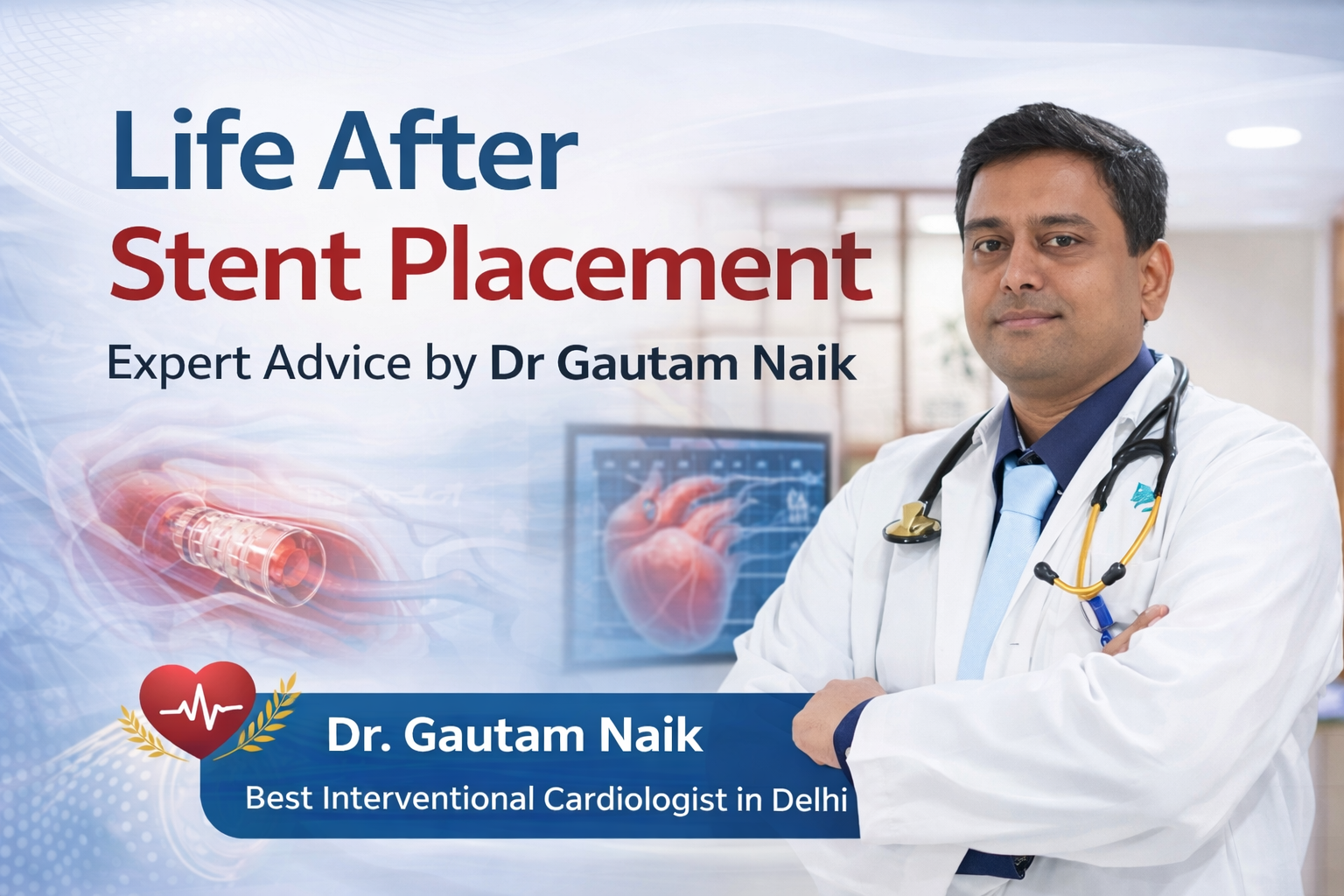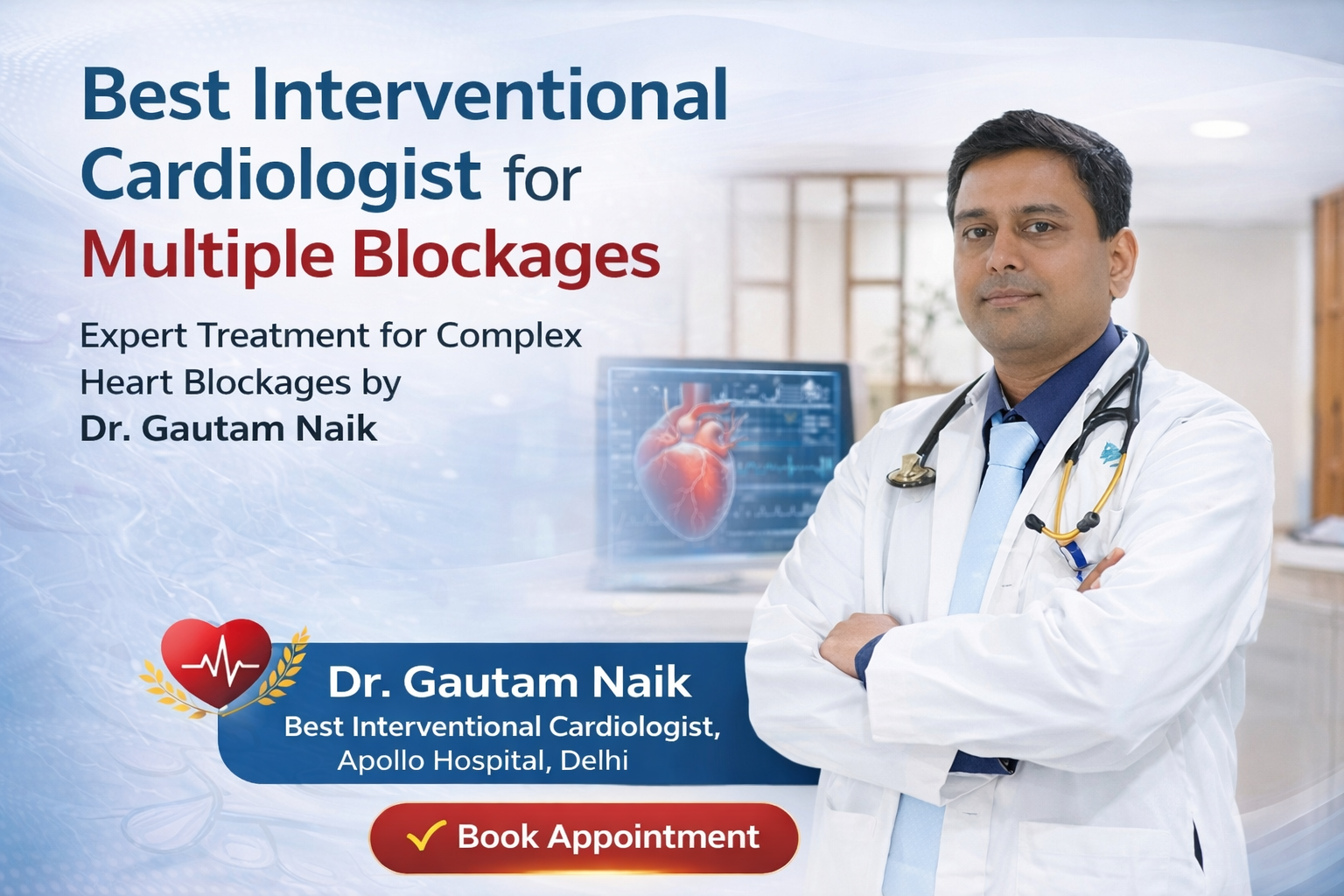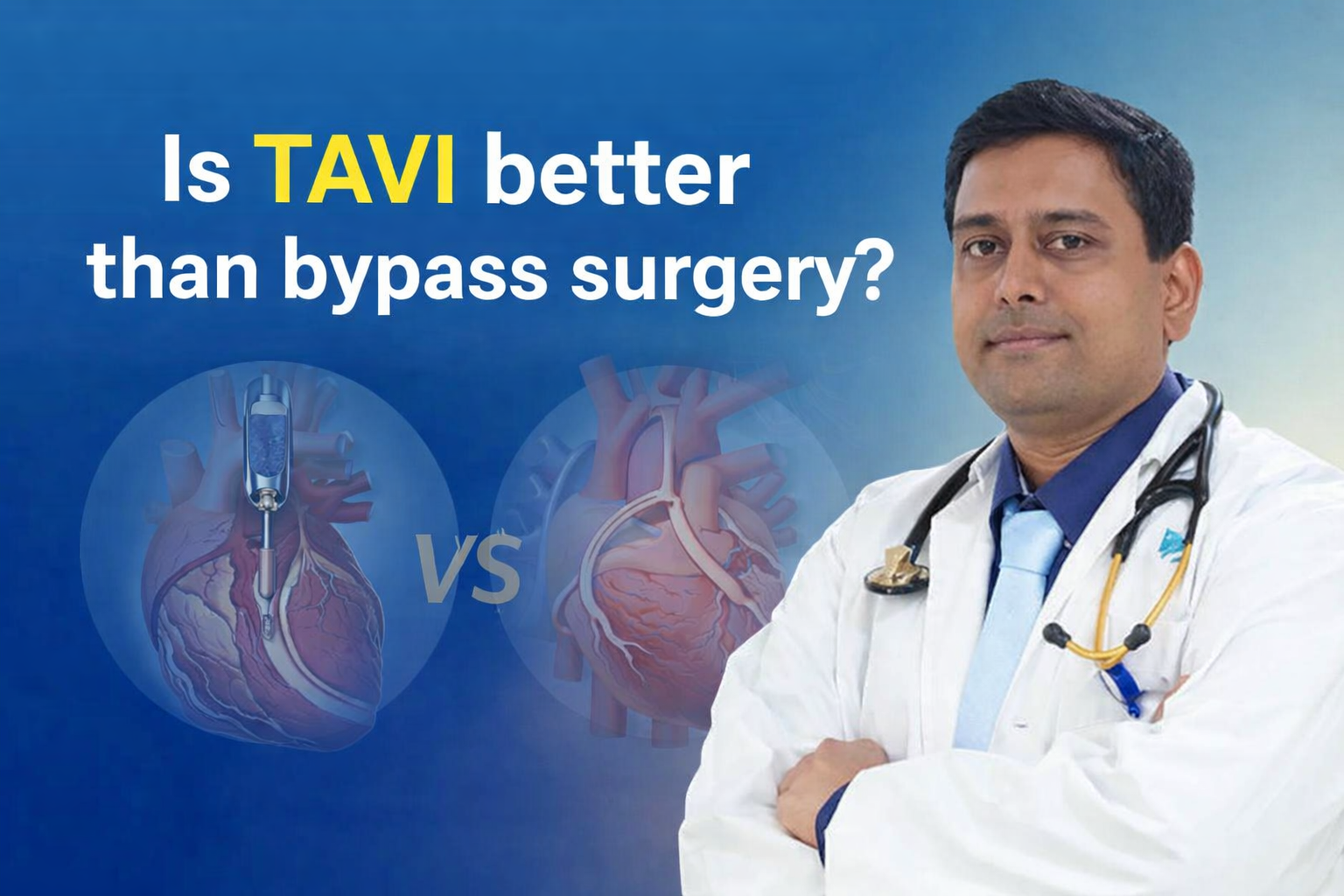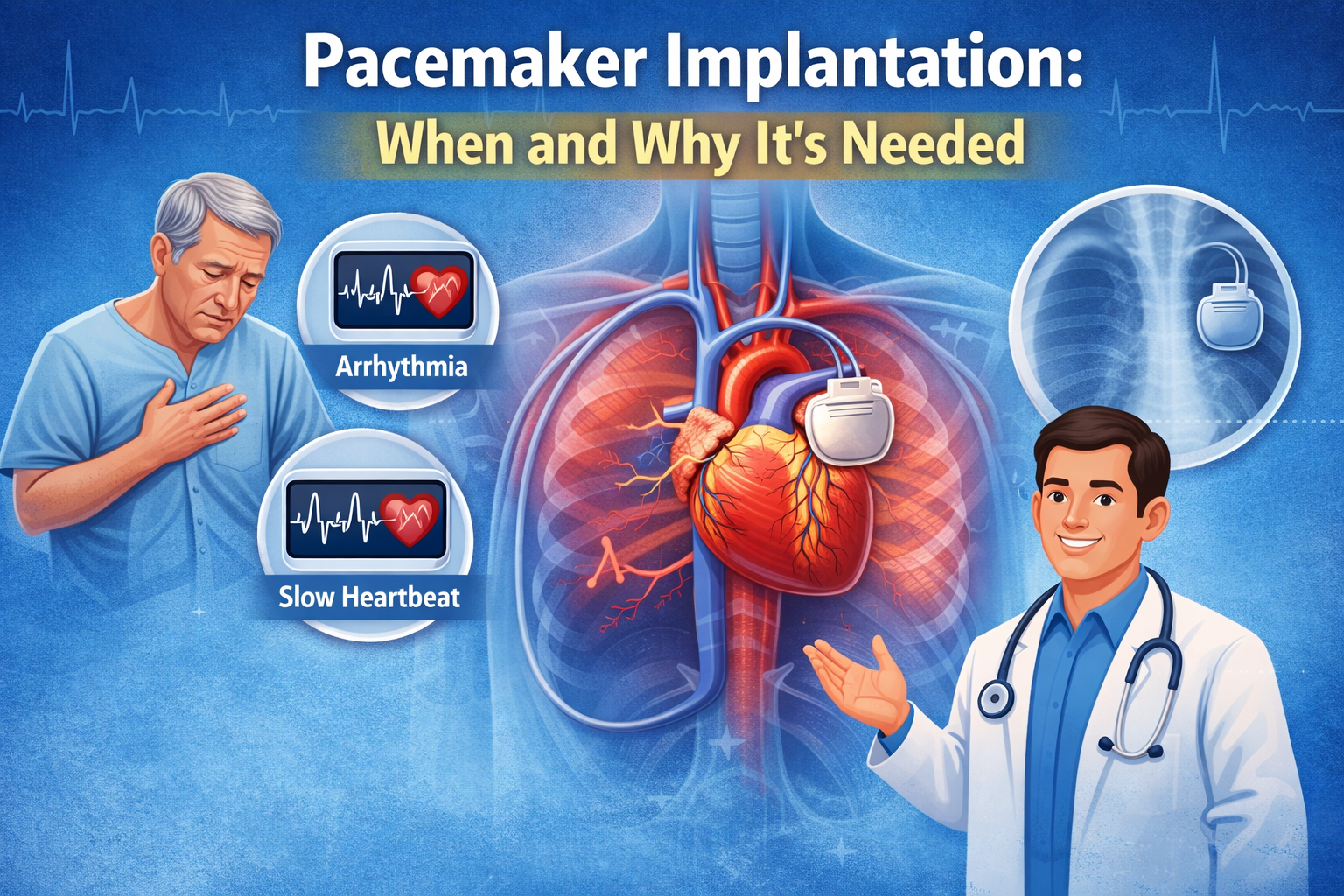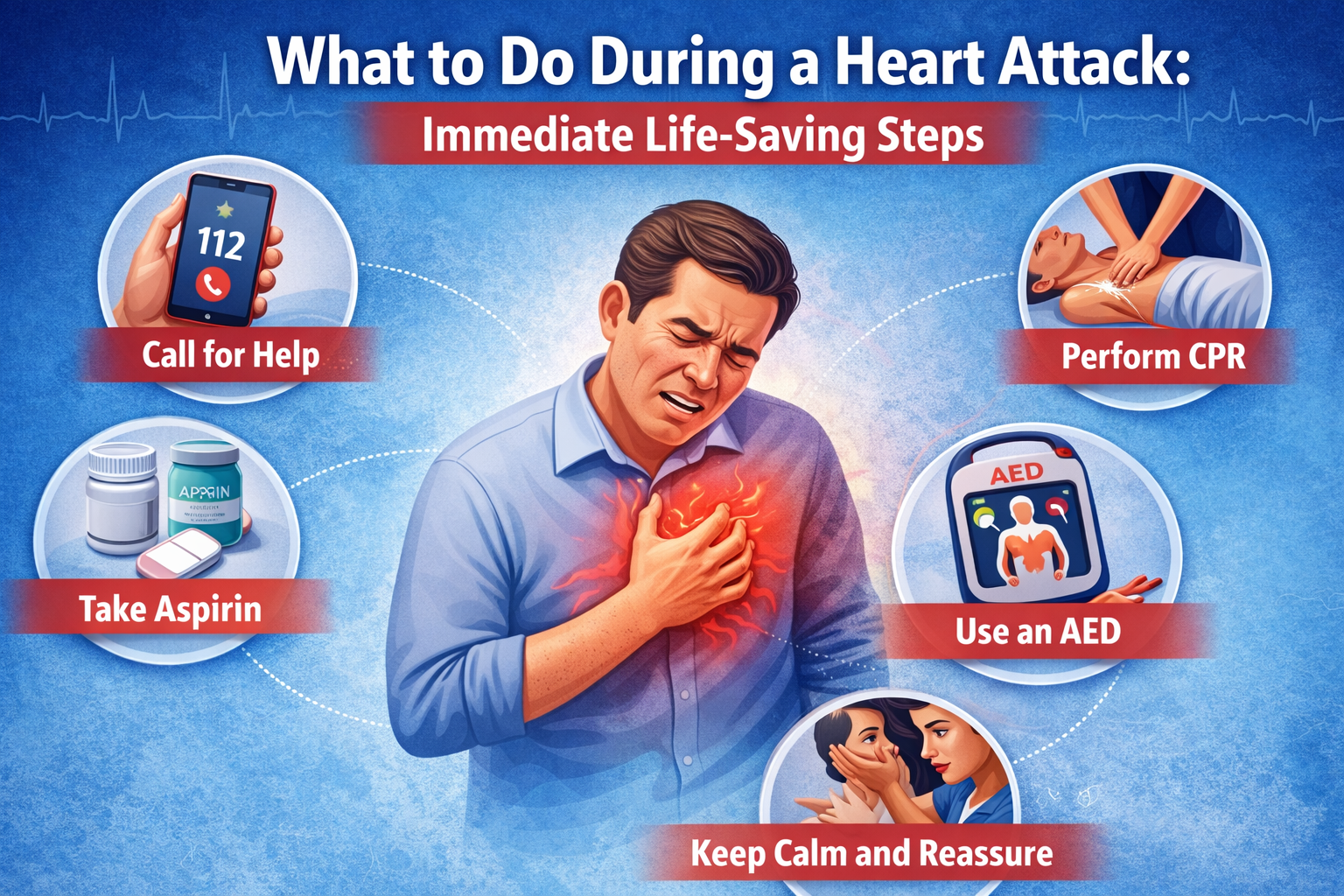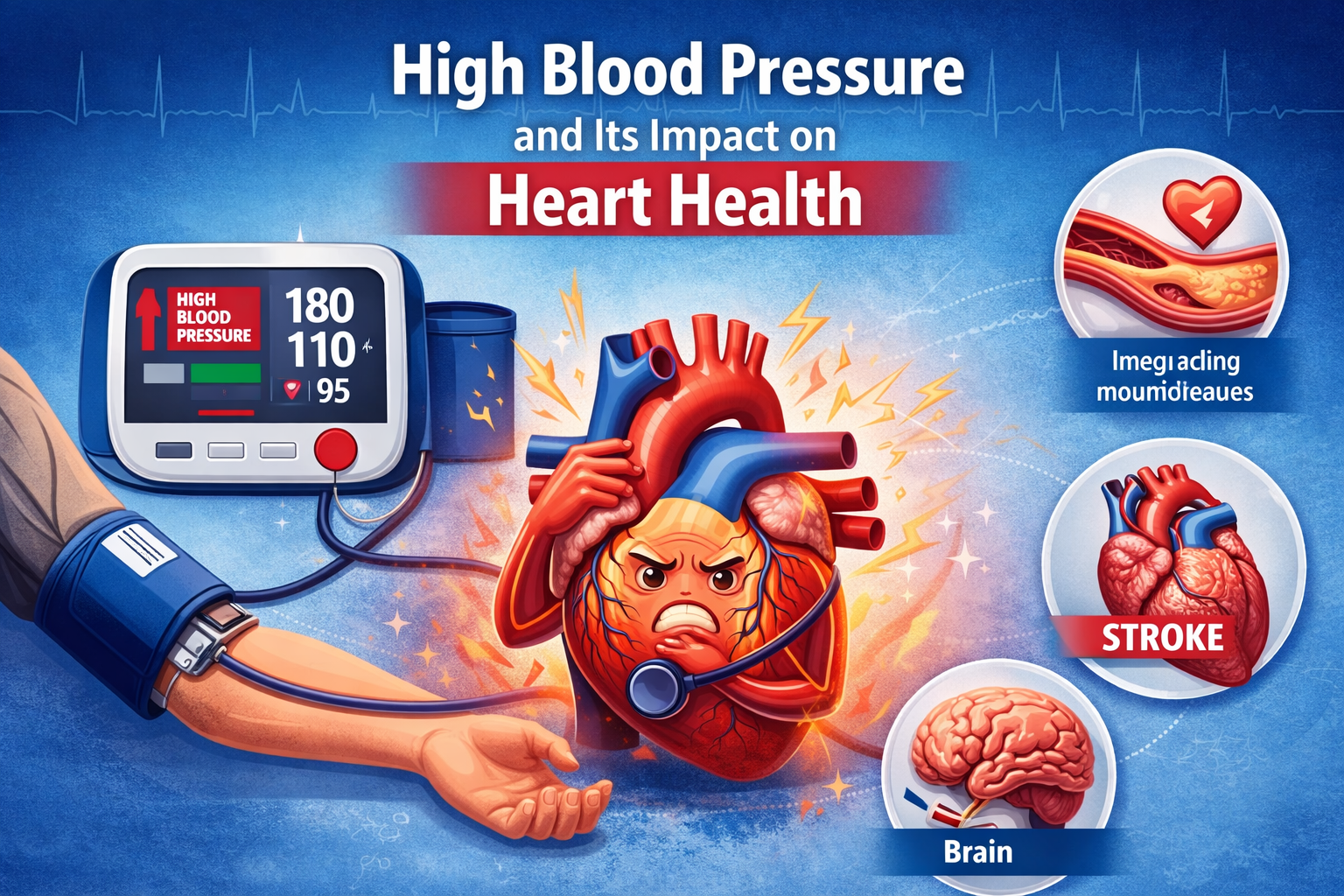What is Cardiovascular Disease (CVDs)?
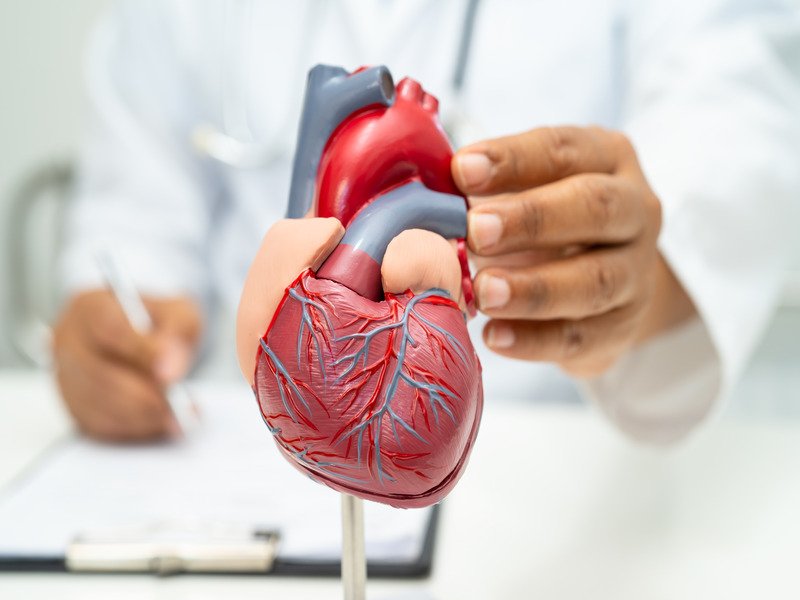
Cardiovascular diseases (CVDs) refer to a group of disorders that affect the heart and blood vessels, often resulting in serious health complications. These conditions remain one of the leading causes of mortality worldwide. Understanding CVDs is crucial to preventing, managing, and seeking appropriate treatment.
Types of Cardiovascular Diseases
There are various types of CVDs, each with different causes and impacts on the body. The most common types include:
- Coronary Artery Disease (CAD): This occurs when the arteries supplying blood to the heart muscle become narrowed due to plaque buildup, reducing oxygen supply. It is a leading cause of heart attacks.
- Heart Failure: Also known as congestive heart failure, this condition occurs when the heart cannot pump blood effectively, leading to fatigue, fluid buildup, and shortness of breath.
- Arrhythmia: Irregularities in heart rhythm, such as tachycardia (fast heart rate) or bradycardia (slow heart rate), can lead to serious complications if untreated.
- Peripheral Artery Disease (PAD): This affects blood flow in arteries outside of the heart, often in the limbs, causing pain and limiting mobility.
- Stroke: Caused by interrupted blood flow to the brain, strokes can lead to long-term disability or death. They are often linked to other cardiovascular problems like high blood pressure and atherosclerosis.
- Heart Valve Disease: This occurs when one or more of the heart valves don’t function properly, leading to disrupted blood flow within the heart.
Causes and Risk Factors
Several risk factors contribute to the development of cardiovascular diseases, some of which can be controlled through lifestyle changes:
- Unhealthy Diet: Diets high in trans fats, saturated fats, salt, and sugar contribute to high cholesterol levels, hypertension, and obesity, all of which increase the risk of CVDs.
- Lack of Physical Activity: Sedentary lifestyles can lead to obesity, high blood pressure, and poor cardiovascular health.
- Smoking and Alcohol: Smoking damages blood vessels and increases blood pressure, while excessive alcohol consumption can lead to irregular heart rhythms and high cholesterol.
- High Blood Pressure: Often called the “silent killer,” hypertension damages blood vessels over time, increasing the risk of heart attacks, strokes, and kidney problems.
- Diabetes: Uncontrolled blood sugar levels damage the blood vessels, leading to a higher risk of heart disease.
- Family History and Genetics: A family history of CVDs increases an individual’s risk of developing heart conditions.
- Age and Gender: As people age, the risk of developing CVDs increases. Men are more likely to suffer from heart attacks at a younger age than women, although the risk for women increases post-menopause.
Symptoms to Watch For
Symptoms of cardiovascular diseases vary depending on the type, but common warning signs include:
- Chest pain or discomfort
- Shortness of breath
- Palpitations or irregular heartbeats
- Dizziness or lightheadedness
- Fatigue
- Swelling in the legs, ankles, or feet
It is essential to consult a healthcare professional if any of these symptoms arise, as early diagnosis and treatment can prevent more severe complications.
Preventing Cardiovascular Diseases
While some risk factors like family history and age cannot be changed, there are ways to reduce the risk of developing cardiovascular diseases:
- Maintain a Healthy Diet: Eat a balanced diet rich in fruits, vegetables, whole grains, and lean proteins while reducing salt, sugar, and unhealthy fats.
- Exercise Regularly: Aim for at least 150 minutes of moderate exercise per week to keep the heart strong and improve overall health.
- Quit Smoking: Smoking cessation significantly reduces the risk of heart disease and other cardiovascular issues.
- Manage Stress: Chronic stress can elevate blood pressure and increase the risk of CVDs. Incorporating stress-relief techniques like meditation, yoga, or hobbies can be beneficial.
- Regular Check-ups: Routine health check-ups can identify and manage risk factors such as high blood pressure, high cholesterol, and diabetes.
- Limit Alcohol Consumption: Drinking alcohol in moderation can prevent excessive strain on the heart.
Treating Cardiovascular Diseases
When it comes to treating cardiovascular diseases, early intervention is key. Treatment options depend on the type and severity of the condition and may include:
- Lifestyle Modifications: Patients are often advised to make significant lifestyle changes, such as adopting a heart-healthy diet and increasing physical activity.
- Medications: Various medications help manage heart disease, including blood pressure-lowering drugs, cholesterol-lowering statins, and blood thinners to prevent clotting.
- Surgical Interventions: In severe cases, surgeries like coronary artery bypass grafting (CABG), stent placement, or heart valve replacement might be necessary to restore normal heart function.
- Cardiac Rehabilitation: This involves a structured program of exercise and education, aimed at improving heart health and preventing future complications.
Why Dr. Gautam Naik is the Best Cardiologist in Delhi/NCR
When it comes to seeking medical expertise for cardiovascular diseases, Dr. Gautam Naik stands out as the best cardiologist in Delhi/NCR. With years of experience and a profound understanding of complex heart conditions, Dr. Naik has helped countless patients regain their health and live fuller lives.
- Expertise in Complex Procedures: Dr. Naik specializes in diagnosing and treating a wide range of cardiovascular conditions, from coronary artery disease to heart valve issues. His precision and success in performing intricate heart surgeries are well-recognized across the region.
- Patient-Centered Approach: Dr. Naik’s commitment to patient care is evident in his compassionate and personalized approach. He takes the time to understand each patient’s unique health challenges and designs a tailored treatment plan to ensure the best possible outcome.
- Cutting-Edge Technology: Dr. Naik integrates advanced technologies and innovative techniques in his practice, ensuring that his patients receive the most effective and up-to-date treatments.
- Holistic Care: Dr. Naik emphasizes a holistic approach to heart health, encouraging lifestyle changes alongside medical treatments to prevent future cardiovascular problems.
With an impeccable track record and a reputation for delivering outstanding care, Dr. Gautam Naik remains the top choice for anyone seeking the best heart specialist in Delhi/NCR.
Conclusion
Cardiovascular diseases pose a serious health risk but are often preventable and manageable with the right care and lifestyle adjustments. If you’re concerned about your heart health or have been diagnosed with a cardiovascular condition, seeking expert medical guidance is crucial. Dr. Gautam Naik, the best cardiologist in Delhi/NCR, offers world-class care, ensuring you receive the best treatment and guidance on your path to heart health.

